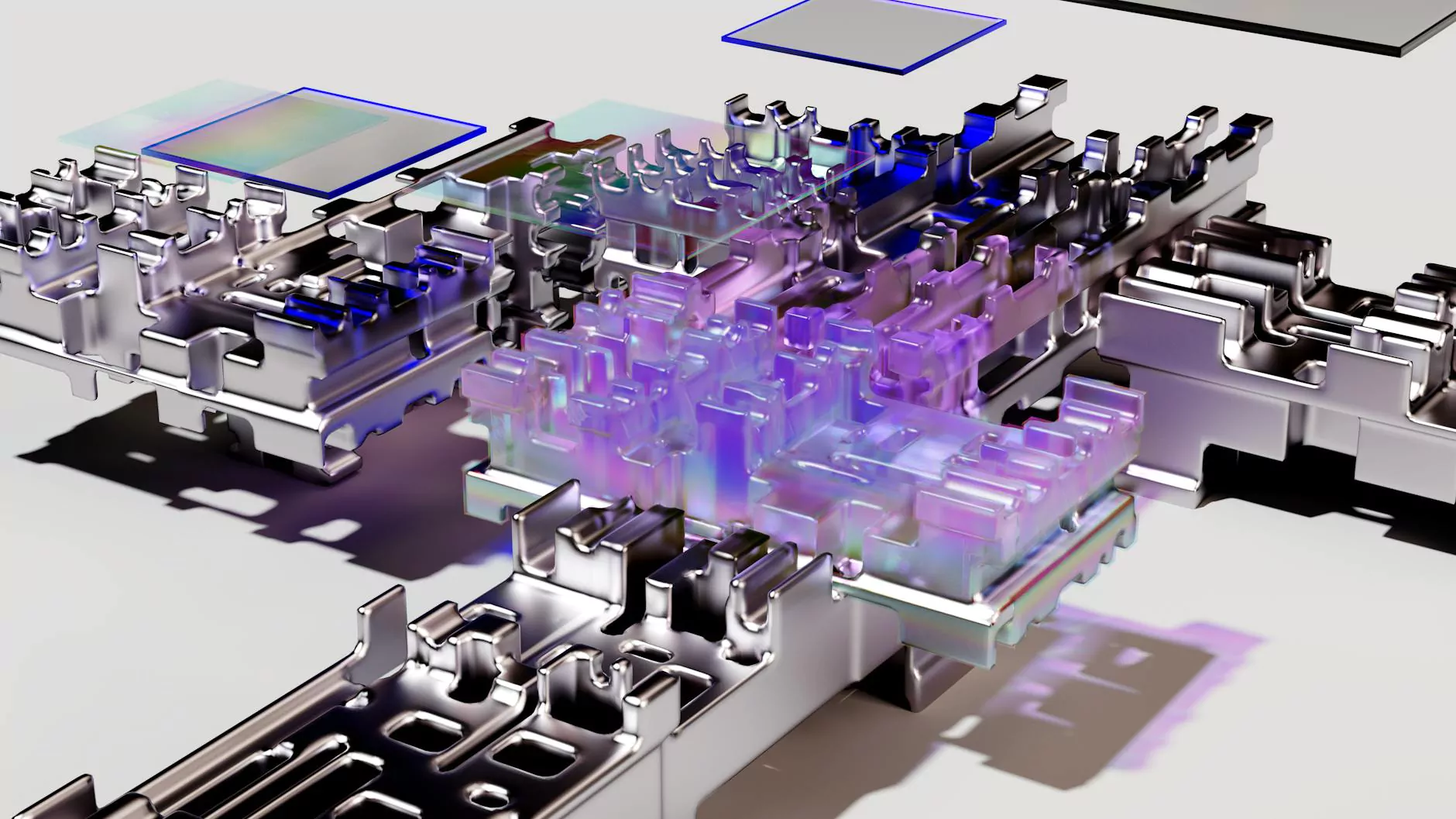Understanding the Importance of Security Surveillance Systems

The rise of technology has dramatically transformed the way businesses operate, ensuring that safety and security are paramount in today’s environment. At Teleco, we recognize the critical role played by security surveillance systems in enhancing not only safety but also operational efficiency. This article delves into the various facets of security surveillance systems, their advantages, necessary components, and why investing in them is essential for any modern business.
What is a Security Surveillance System?
A security surveillance system comprises various technological devices designed to monitor and protect property. These systems typically include:
- Cameras - Used for video recording and live monitoring.
- Recorders - Such as DVRs and NVRs, to store recorded footage.
- Monitors - Display screens for real-time viewing.
- Sensors - Detect motion or unauthorized entry.
- Alarm Systems - Alert owners and authorities in case of security breaches.
The Key Benefits of Implementing Security Surveillance Systems
Businesses today face numerous threats, from theft and vandalism to internal misconduct. Implementing a robust security surveillance system offers several benefits:
1. Enhanced Safety and Security
Firstly, the primary advantage of security surveillance systems is the enhanced safety they provide. By deterring potential threats and monitoring activities, businesses can significantly reduce risks and provide a safer environment for employees and clients alike.
2. Real-Time Monitoring
With modern technology, most security systems allow for real-time monitoring from any location via smartphones or computers. This feature ensures that business owners can keep an eye on their property 24/7, even while away.
3. Evidence and Documentation
In the event of a security incident, having recorded footage is invaluable. A security surveillance system can provide evidence that can be used in investigations or legal proceedings, ensuring that the right actions are taken swiftly.
4. Reducing Theft and Loss
Business premises equipped with visible surveillance systems are statistically less likely to experience theft. The mere presence of cameras can deter criminal activities, protecting assets and minimizing financial losses.
5. Improved Employee Productivity
Interestingly, security surveillance systems do not just protect your premises against external threats. They can also foster a culture of accountability among employees. Knowing that they are being monitored can encourage greater adherence to policies and enhance overall employee productivity.
Components of a Security Surveillance System
A comprehensive security surveillance system consists of multiple components, each serving a unique function. Understanding these elements is key to creating an effective system.
Cameras
Cameras are at the heart of any surveillance system. They come in various types, including:
- Analog Cameras: Traditional cameras connected via coaxial cables.
- IP Cameras: Internet Protocol cameras that provide higher resolution and flexibility.
- PTZ Cameras: Pan-Tilt-Zoom cameras that can be remotely controlled to cover a wider area.
- Wireless Cameras: Offer ease of installation and flexibility in positioning.
Recorders
Recorders are essential for storing video footage. Depending on the type of cameras used:
- DVR (Digital Video Recorder): Works with analog systems and compresses video for storage.
- NVR (Network Video Recorder): Used with IP cameras, capable of storing higher resolution footage.
Sensors and Alarms
Incorporating sensors enhances security. Various types include:
- Motion Detectors: Trigger alerts if movement is detected in restricted areas.
- Glass Break Sensors: Detect the sound of glass breaking, indicating a potential breach.
- Door and Window Sensors: Alert when these entries are opened unexpectedly.
Choosing the Right Security Surveillance System for Your Business
Determining the right security surveillance system requires careful consideration. Here are key steps to guide your decision:
1. Assess Your Needs
Understanding the specific security needs of your business is fundamental. Evaluate the areas that require monitoring, the level of security necessary, and any unique vulnerabilities.
2. Determine the Budget
While investing in security is crucial, it is equally important to remain within your financial means. Establish a budget that allows for a good-quality system without sacrificing essential features.
3. Analyze the Technology
Research the latest technologies available. Innovations such as analytics, remote access capabilities, and cloud storage options improve security efficiency and ease of use.
4. Expert Consultation
Consulting with security specialists can provide insights tailored to your specific situation. They can recommend ideal systems based on your requirements and integration with existing infrastructure.
Installation and Maintenance of Surveillance Systems
Even the best security surveillance systems require proper installation and regular maintenance to function effectively. Consider the following aspects:
Installation
Professional installation is advisable to ensure systems are set up correctly. Key points include:
- Camera Placement: Strategically position cameras to cover all necessary areas while having minimal blind spots.
- Wiring: Ensure that all cables and connections are secure and discreetly placed, avoiding tampering.
- Testing: After installation, thoroughly test all components to confirm they are functioning optimally
Regular Maintenance
Just like any technology, surveillance systems require ongoing maintenance, which includes:
- Routine Checks: Regularly inspect cameras and equipment for any damages or malfunctions.
- Updates: Keep software and firmware up-to-date to enhance security features.
- Cleaning: Ensure cameras are clean from dirt or obstructions that may affect image quality.
Compliance and Legal Considerations
Security surveillance systems must comply with local laws and regulations, which can vary significantly based on location. Key considerations include:
- Privacy Laws: Understanding surveillance legislation is crucial to avoid legal repercussions. Always inform employees and clients about the presence of cameras.
- Data Protection: Implement measures to ensure that recorded footage is securely stored and accessible only to authorized personnel.
Conclusion: The Essential Role of Security Surveillance Systems in Business
In summary, a security surveillance system is no longer a luxury but a necessity for businesses of all sizes. By providing enhanced safety, real-time monitoring, evidence collection, and ultimately increasing employee productivity, these systems safeguard not only physical assets but also foster a secure workplace environment. Investing in a tailored solution from a reputable provider like Teleco ensures that you can navigate the complexities of modern security challenges effectively.
Embrace the peace of mind that comes with knowing your business is protected. With the right security surveillance system, you can focus on growth and innovation, knowing that your security needs are well handled.









